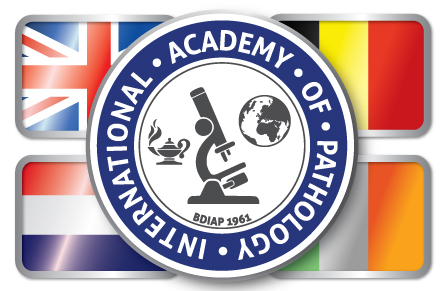BDIAP as a Charitable Incorporated Organisation
During 2019 the BDIAP Council initiated discussions on its organisational model and the potential for change. This was initiated by the fact that the current organisation model has been outgrown and has also become associated with a range of significant operational risks. The Organisation has been constituted as an unincorporated, charity registered membership body with a simple structure. 
However, this organisational platform was associated with potential significant drawbacks. This includes Councillors’ personal liability and responsibility for any shortfalls in financial dept, prosecution in relation to regulatory issues or accidents, title to the BDIAP assets and investments, charitable activities and contractual issues. In these circumstances, providing security for operational funding has become more difficult. As a result, the Council has considered transition to an Incorporated organisational model, a move undertaken now by many charitable institutions in the country for similar reasons as listed above.
In the new organisational setting, the legal and financial risks would no longer be a potential burden to individual Councillors but that of the organisation as a whole. However, the new change would come at a significant cost for setup, requiring professional legal support and re-registration as a charitable institution. Weighing the “pros-and-cons”, the Council came to a decision that it would be of significant benefit to the Organisation to convert to a Charitable Incorporated Organisation model. The intense activities completing this process were finalised in Spring 2020, with new registration and amended Constitution. This represents an important and significant change in the way BDIAP is viewed as a legal subject and will facilitate more secure ways of organisational operation, particularly those relating to financial aspects. However, these changes will not in any way affect the membership. While the entire Council invested efforts during last year on this task, the Council, on behalf of the whole Organisation, wishes to collectively express special gratitude to Professor Ray McMahon and Sam Kiely who worked on the project exceptionally hard, providing great ideas and creativity.